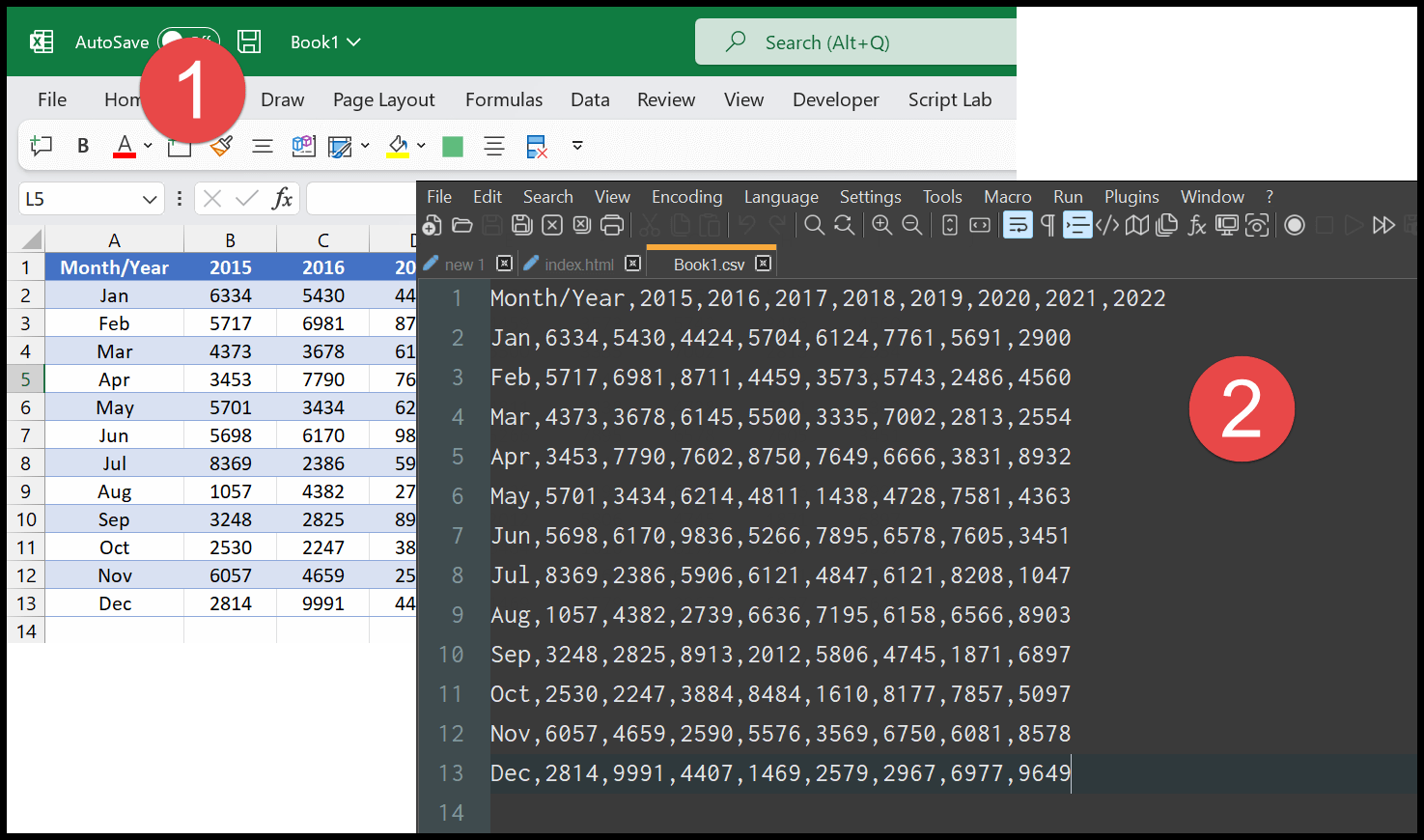Effortlessly Convert Your XLSX Files to Excel Format

Excel spreadsheets are an integral tool for data analysis, budgeting, project management, and much more. While Excel is a powerhouse in data manipulation, not all Excel files are created equal. You might encounter files in XLSX format, which is the newer default format introduced with Microsoft Excel 2007, or older XLS files. Converting XLSX files to the classic Excel format (XLS) or updating them to the latest version can be necessary for compatibility reasons or to access features not available in the older format. Here's how you can effortlessly convert your XLSX files to Excel format:
Why Convert XLSX to XLS?

The transition from the older binary file format (.xls) to the new XML-based format (.xlsx) brought several advantages:
- Reduced file size: XLSX files are often smaller, conserving storage space.
- Increased file recovery: If your file crashes, newer formats are less likely to corrupt entirely.
- Enhanced security: XLSX files contain structured data, reducing the risk of macro viruses.
- Compatibility: XLSX is readable by modern software, including open-source suites like LibreOffice.
However, you might need to convert:
- To access legacy macros or features not compatible with the new format.
- To work with older versions of Excel that don't support XLSX.
- To share files with colleagues or clients who still use older systems.
How to Convert XLSX to XLS in Excel

Converting XLSX to XLS in Microsoft Excel is straightforward:
Using Excel’s Built-In Feature

- Open the XLSX file in Excel.
- Go to File > Save As.
- Choose a location to save the file.
- In the Save as type dropdown, select Excel 97-2003 Workbook (*.xls).
- Click Save.
💡 Note: Remember that converting to XLS might lose formatting or features specific to XLSX.
Using VBA Macro to Convert Multiple Files

If you have multiple files to convert, a VBA macro can automate the process:
Sub ConvertMultipleXLSXtoXLS() Dim FolderPath As String Dim FileName As String Dim NewFileName As String Dim wb As WorkbookFolderPath = "C:\Your\Source\Folder\Here\" 'Set your source folder here FileName = Dir(FolderPath & "*.xlsx") Do While FileName <> "" Set wb = Workbooks.Open(FolderPath & FileName) NewFileName = Left(FileName, Len(FileName) - 1) & "s" wb.SaveAs FolderPath & NewFileName, xlExcel8 wb.Close False FileName = Dir Loop MsgBox "Conversion complete!"
End Sub
🛠️ Note: Modify the FolderPath to the directory where your files are stored.
Online Conversion Services

If you don’t have Excel or prefer an online method, several websites offer free conversion services:
- Convertio: Supports XLSX to XLS conversion among many other formats.
- Smallpdf: Though primarily for PDFs, it also offers Excel conversion options.
- Zamzar: Allows for file conversion with the option to specify output settings.
⚠️ Note: Be cautious with file uploads to online services. Check their privacy policy.
Command Line Tools for Tech-Savvy Users

For those comfortable with the command line, Python’s openpyxl library or the unoconv utility can be used to convert files programmatically:
Using Openpyxl

import openpyxl as xl from openpyxl.utils.exceptions import InvalidFileException import os import shutildef convert_xlsx_to_xls(file_path): try: workbook = xl.load_workbook(file_path, data_only=True) base_path = os.path.splitext(file_path)[0] workbook.save(base_path + ‘.xls’) except InvalidFileException: print(f”{file_path} is not a valid Excel file.“) finally: shutil.move(file_path, base_path + ‘_old.xlsx’)
👩💻 Note: This script assumes you have openpyxl installed via pip.
Using Unoconv

unoconv -f xls *.xlsxUnoconv will convert all .xlsx files in the directory to .xls format.
👨💻 Note: Unoconv needs LibreOffice or OpenOffice installed on your system.
Why Automation is Key

Automating file conversion:
- Reduces manual effort and the risk of human error.
- Saves time for repetitive tasks.
- Can be scheduled to run at off-peak hours.
- Allows for batch processing.
Whether through Excel’s built-in options, online services, or programming scripts, automation streamlines workflows, making the transition from XLSX to XLS nearly seamless.
As we wrap up, the process of converting XLSX files to Excel format can be tackled through various methods, each with its own merits. From manual conversions in Excel to automated scripting solutions, there's a technique for every level of technical expertise. Remember that while newer formats offer many advantages, the need for compatibility with older systems or software versions might necessitate conversion to older formats like XLS.
Is it safe to use online conversion services for sensitive Excel files?

+
Online conversion services pose a risk when dealing with sensitive data. Always check the service’s privacy policy. Consider encrypting files or using services that delete files post-conversion.
Can I lose data when converting from XLSX to XLS?

+
Yes, features and formatting not supported by the older XLS format might be lost. Always review the converted file for integrity.
Will converting my XLSX files to XLS improve performance?

+
It can, especially if you’re working with an older version of Excel or need to use a system with limited processing power. However, modern computers and Excel versions handle XLSX files efficiently.